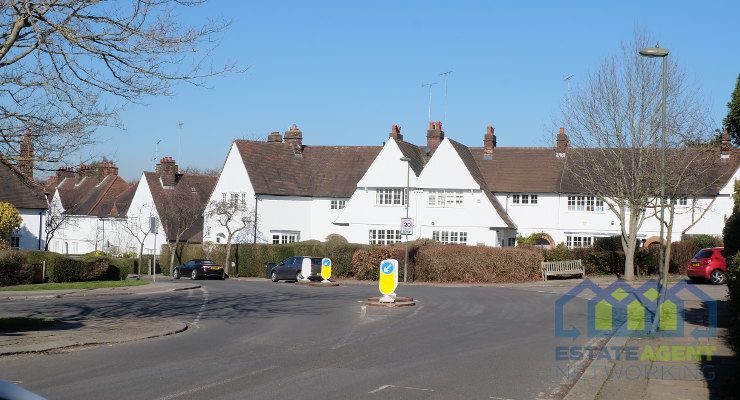5 Step Property Developer Checklist
There are plenty of things that need to be considered when it comes to buying a worn-down property to develop, both before the process starts, and during.
To simplify, this post outlines the most important 5 steps to purchasing a property for redevelopment. These are:
- Finding the Right Property
Finding the perfect property to invest in is vital to ensure that you end up receiving the maximum return on it. Doing your research beforehand on up and coming areas to invest in is key to ensuring that your purchase a property at a good rate before the prices start shooting up. Also, it would be good to search for areas that people are investing in that aren’t returning much profit.
While you may want a property that you can do up completely, you need to weigh out whether the effort, time and money that you put into it will reflect in your selling price. For example, buying a property for £160,000 and selling for £220,000 may not be worth your time, once you invest £40,000 into the property on making it sellable.
- Financing the Property
You may need some additional funds to help you on your way to developing your property. There are plenty of different finances available, but the important one is finding the one that is most suited to you and your needs.
One of the most popular options is development finance, but there are plenty of options that stem from that so it’s worth doing your research beforehand.
- Buying the Property
After you’ve managed to sort out your finance for the property and the development, the next leap is purchasing the property. You need to find a good conveyancing solicitor that can handle any legal points, and then finally pay your deposit on the property.
- Renovating the Property
You want to make the property sellable, you can do this by painting the walls a neutral or trendy colour, as well as putting new carpet or laminate over the floorboards. Install things that you know are going to increase the value of the property; double glazing, a fancy kitchen and even sort out the garden. However, keep the price you paid for the property in mind, as well as a realistic selling price. As previously mentioned, you don’t want to overspend and then not get a chunky return on investment.
- Selling the Property
You should consider the prices of other properties in the area before you put it on the market, and also all of the add-ons and hard work that your property offers. Once you’ve decided on a fair price that will give you a good amount of profit for the hard work that you’ve put into it, you’re able to put it on the market and, hopefully, a buyer comes along pretty soon.









